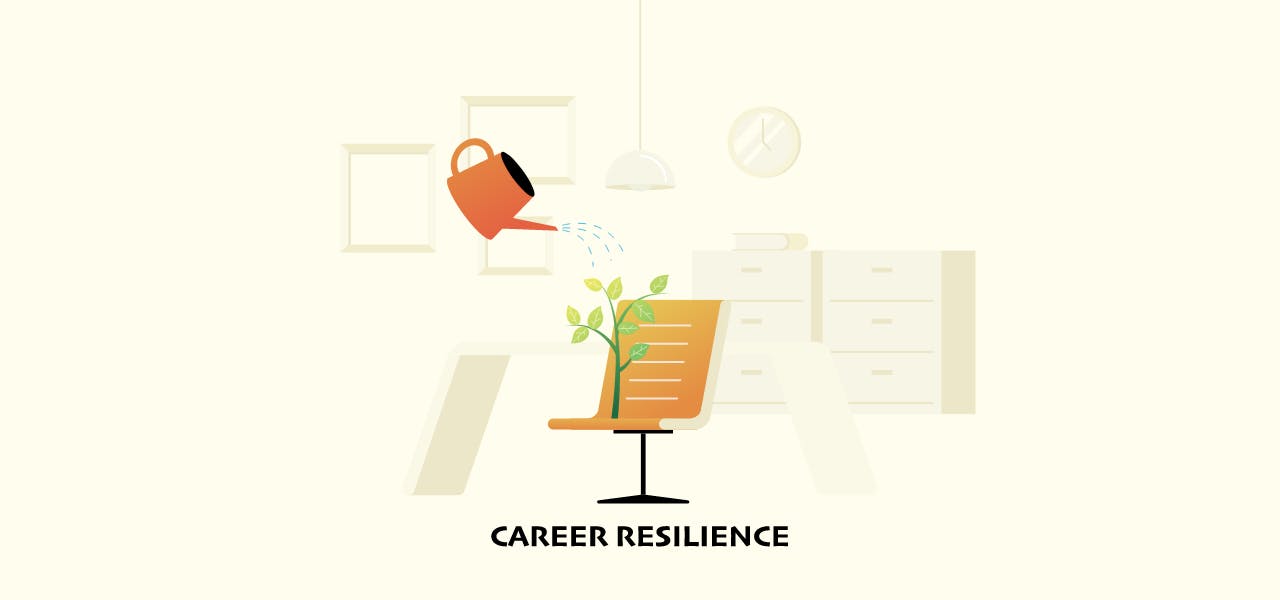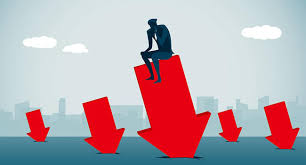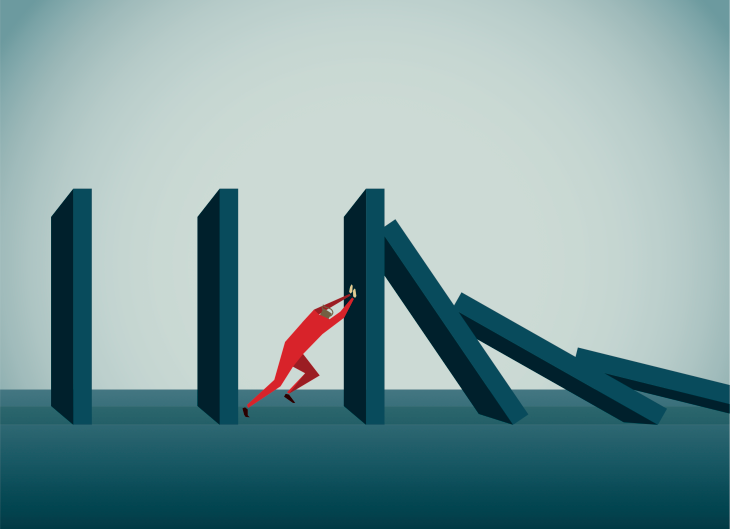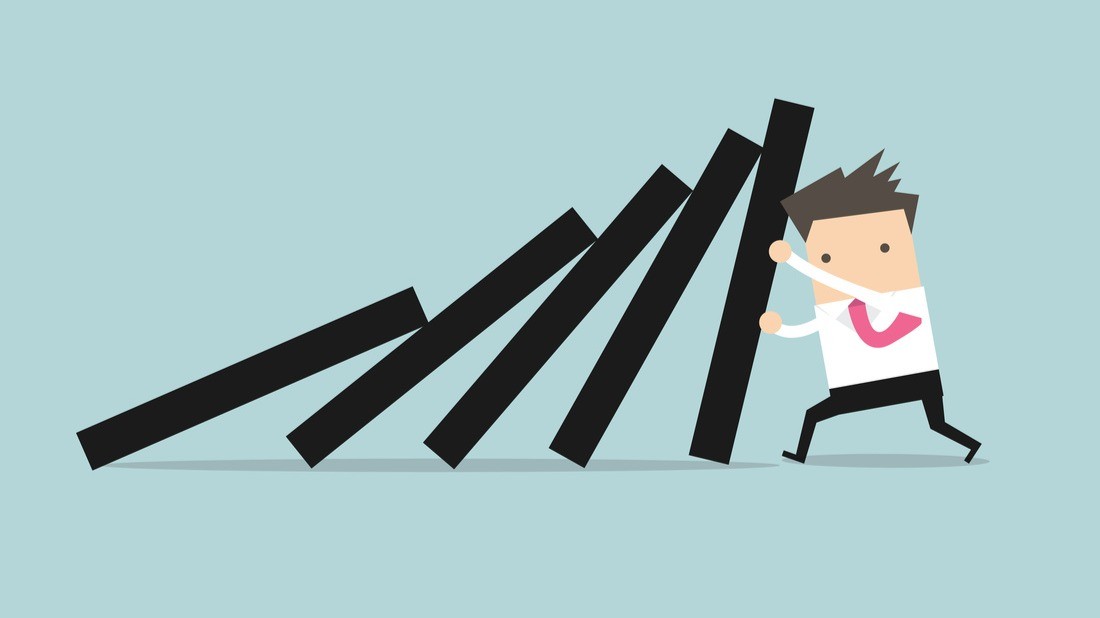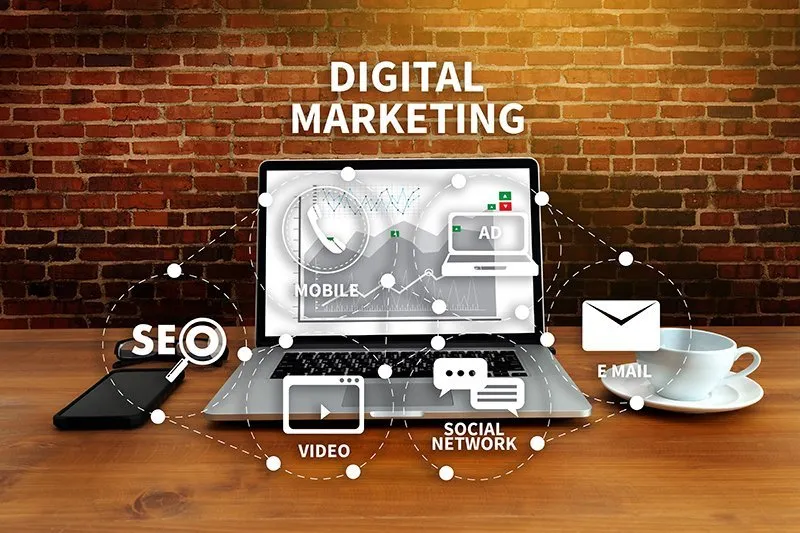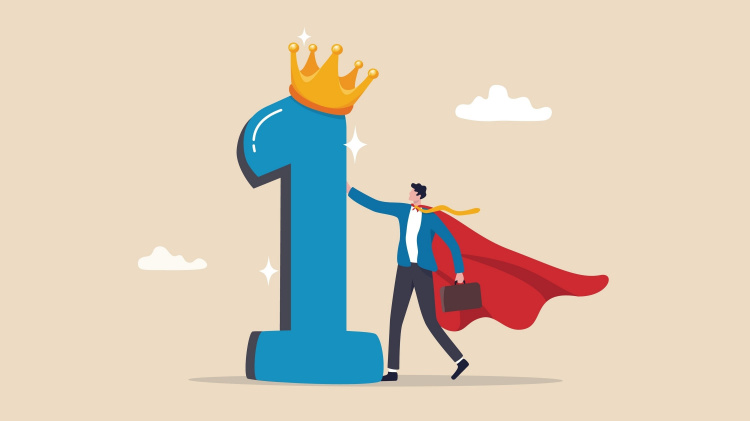Developing Resilience: Key Strategies for Career Longevity
Discover the essential resilience-building techniques that help professionals navigate challenges, adapt to change, and build rewarding, sustainable careers in any industry.
Understanding Career Resilience in Today's World
In an era of rapid technological change, economic uncertainty, and shifting workplace expectations, career resilience has become more than just a valuable trait—it's an essential professional survival skill. Career resilience refers to your ability to adapt to change, bounce back from setbacks, and continue growing professionally despite challenges.
Unlike previous generations who might have enjoyed stable, predictable career paths, today's professionals need to navigate:
- Frequent technological disruptions that transform entire industries
- Economic volatility that can eliminate jobs overnight
- Changing workplace cultures and expectations
- The pressure to continuously upskill and remain relevant
- Increased workloads and performance expectations
These challenges make resilience not just beneficial but necessary for sustainable career success and personal wellbeing. The good news? Resilience isn't simply an innate trait—it can be developed through specific strategies and practices.
The Science of Career Resilience
Research in psychology and organizational behavior has identified several key components that contribute to professional resilience:
Cognitive Flexibility
Studies show that professionals who can reframe challenges, adapt their thinking, and consider multiple perspectives recover more quickly from setbacks and find innovative solutions to workplace problems.
Self-Efficacy
Research from Stanford University demonstrates that belief in your ability to overcome challenges significantly impacts how you respond to adversity and whether you persist in the face of obstacles.
Core Strategies for Building Career Resilience
1. Develop a Growth Mindset
A growth mindset—the belief that abilities can be developed through dedication and hard work—forms the foundation of career resilience. Professionals with a growth mindset:
- View challenges as opportunities to learn rather than threats to avoid
- Embrace feedback as valuable information rather than personal criticism
- Find inspiration in others' success instead of feeling threatened
- Persist in the face of setbacks rather than giving up
- Believe their professional abilities can improve with effort and practice
To cultivate a growth mindset, practice noticing your fixed mindset triggers ("I'm not good at this," "I can't learn this new technology") and consciously reframe them ("I'm not good at this yet," "This will take time to learn, but I can master it with practice").
2. Build Strong Professional Networks
Social support is a critical factor in resilience. A diverse professional network provides:
- Emotional support during challenging times
- Different perspectives on problems and opportunities
- Information about industry trends and job opportunities
- Mentorship and guidance from those who have navigated similar challenges
- A sense of belonging that buffers against professional isolation
Invest time in building genuine relationships both within and outside your organization. Attend industry events, participate in professional groups, and make a habit of regular connection with key contacts in your network.
3. Develop Adaptability
In rapidly changing work environments, adaptability is essential. Adaptable professionals:
- Stay curious about emerging trends in their industry
- Continuously update their skills and knowledge
- Remain open to changing their approaches when circumstances shift
- Can function effectively amid uncertainty
- View change as an opportunity rather than a threat
Practice adaptability by regularly exploring new ways of working, learning new skills before they become necessary, and stepping outside your comfort zone professionally.
Practical Resilience Techniques for Professional Challenges
For Job Loss or Career Transitions
- Maintain a clear financial buffer to reduce immediate stress
- Frame the transition as an opportunity to realign with your values
- Conduct a skills inventory and identify transferable abilities
- Set small, achievable daily goals to maintain momentum
- Leverage your network for emotional support and opportunities
For Workplace Conflict
- Practice emotional regulation techniques before responding
- Seek to understand different perspectives with curiosity
- Focus on issues rather than personalities
- Set healthy boundaries to protect your wellbeing
- Consider whether this is a growth opportunity or a sign to move on
For Project Failures
- Conduct a non-judgmental analysis of what went wrong
- Extract specific lessons for future application
- Share learnings transparently with stakeholders
- Create an action plan incorporating these lessons
- Celebrate the courage it took to take risks and innovate
For Industry Disruption
- Stay informed about emerging trends through continuous learning
- Identify which core skills will remain valuable despite changes
- Build relationships across different sectors
- Experiment with new technologies before they become mainstream
- Develop a flexible career narrative that emphasizes adaptability
Building Emotional Intelligence for Career Resilience
Emotional intelligence—the ability to recognize, understand, and manage your emotions and recognize those of others—is a cornerstone of professional resilience. High emotional intelligence allows you to:
| Component | How It Builds Resilience | Development Strategy |
|---|---|---|
| Self-Awareness | Recognizing your emotional responses to workplace challenges helps you respond rather than react | Practice daily reflection on your emotional states and triggers at work |
| Self-Regulation | Managing difficult emotions during stressful situations maintains your professional effectiveness | Develop a personal toolkit of calming techniques (deep breathing, brief mindfulness practices) |
| Social Awareness | Understanding others' perspectives and organizational dynamics helps navigate complex situations | Practice active listening and observing non-verbal cues during interactions |
| Relationship Management | Building strong professional relationships creates support systems during challenges | Invest in developing authentic connections through regular check-ins and support |
Creating a Resilience Development Plan
Building career resilience is an ongoing process that benefits from intentional planning. Consider creating a personal resilience development plan with these components:
Assess
- Identify your current resilience strengths
- Recognize areas for development
- Reflect on past challenges and response patterns
- Solicit feedback from trusted colleagues
Plan
- Set specific resilience-building goals
- Identify resources and learning opportunities
- Create accountability mechanisms
- Schedule regular resilience practices
Implement
- Practice new skills consistently
- Seek feedback on progress
- Adjust strategies as needed
- Celebrate growth and improvements
Your resilience plan should be a living document that evolves as your career develops and as you encounter and overcome new challenges.
Physical and Mental Wellbeing as Foundations of Resilience
Career resilience doesn't exist in isolation from your overall wellbeing. Research consistently shows that physical and mental health practices significantly impact your professional resilience:
Physical Resilience Practices
- Regular exercise: Even brief physical activity improves cognitive function and stress management
- Adequate sleep: 7-9 hours of quality sleep enhances decision-making and emotional regulation
- Proper nutrition: A balanced diet supports brain health and consistent energy levels
- Regular breaks: Short breaks throughout the workday prevent burnout and maintain focus
Mental Wellbeing Practices
- Mindfulness: Regular mindfulness practice improves focus and emotional regulation
- Cognitive reframing: Consciously changing negative thought patterns enhances resilience
- Setting boundaries: Clear work-life boundaries prevent burnout and protect recovery time
- Finding meaning: Connecting your work to deeper values increases motivation during challenges
Resilience in Different Career Stages
The specific resilience skills you need may vary depending on your career stage:
Five Essential Resilience Practices to Implement Today
While building career resilience is a long-term process, there are practices you can begin implementing immediately:
1. Create a "Wins Journal"
Document your professional successes, positive feedback, and challenges overcome. Review this during difficult times to remind yourself of your capabilities and past resilience.
2. Develop a Learning Routine
Dedicate at least 30 minutes daily to professional development—whether reading industry publications, taking online courses, or learning from colleagues. Continuous learning is the foundation of adaptability.
3. Practice Strategic Detachment
Learn to separate your professional identity from your personal worth. This allows you to receive feedback without defensiveness and navigate setbacks without overwhelming your sense of self.
4. Build a "Personal Board of Directors"
Identify 5-7 people who can offer different perspectives on your professional development and challenges. Include mentors, peers, and even those from different industries who can provide fresh insights.
5. Implement the "Three Good Things" Practice
At the end of each workday, identify three things that went well and your role in making them happen. This builds optimism and helps you recognize your agency even during challenging periods.
Frequently Asked Questions
Is resilience something you're born with, or can it be developed?
While some aspects of resilience may have genetic components, research overwhelmingly shows that resilience can be developed through intentional practices and habits. Like a muscle, resilience grows stronger with use and proper training.
How do I maintain resilience during prolonged workplace stress?
During extended high-stress periods, prioritize self-care fundamentals (sleep, nutrition, exercise), maintain strong boundaries, break large challenges into smaller manageable tasks, and seek professional support if needed. Remember that maintaining resilience during chronic stress requires intentional recovery periods.
Does resilience mean never feeling negative emotions about work challenges?
No. Resilience isn't about suppressing natural emotions like disappointment, frustration, or anxiety. Rather, it's about experiencing these emotions without becoming overwhelmed by them, learning from them, and moving forward constructively despite challenges.
How can organizations foster resilience in their employees?
Organizations can build resilient teams by creating psychologically safe environments, providing adequate resources, offering professional development opportunities, modeling healthy work practices, providing constructive feedback, and recognizing employees' contributions. Leaders who demonstrate vulnerability about their own challenges also normalize resilient responses.
Conclusion
In today's dynamic and often unpredictable professional landscape, career resilience isn't optional—it's essential. The ability to adapt to change, bounce back from setbacks, and continue growing despite challenges is what distinguishes sustainable careers from fragile ones.
By intentionally developing a growth mindset, building strong networks, enhancing your adaptability, and attending to your overall wellbeing, you create the foundations for career longevity and satisfaction. Remember that resilience isn't about avoiding difficulty, but about developing the capacity to navigate challenges effectively and emerge stronger on the other side.
The journey to greater career resilience begins with small, consistent actions. Which resilience practice will you implement today?
About Al Mithaq Institute
Al Mithaq Institute for Educational Services offers comprehensive training programs in professional resilience, emotional intelligence, and career development. Our expert-led courses provide practical tools for navigating workplace challenges and building sustainable, rewarding careers. Explore our diploma programs in various fields including Human Resource Management, Life Coaching, and Emotional Intelligence to develop the skills needed for long-term professional success.
